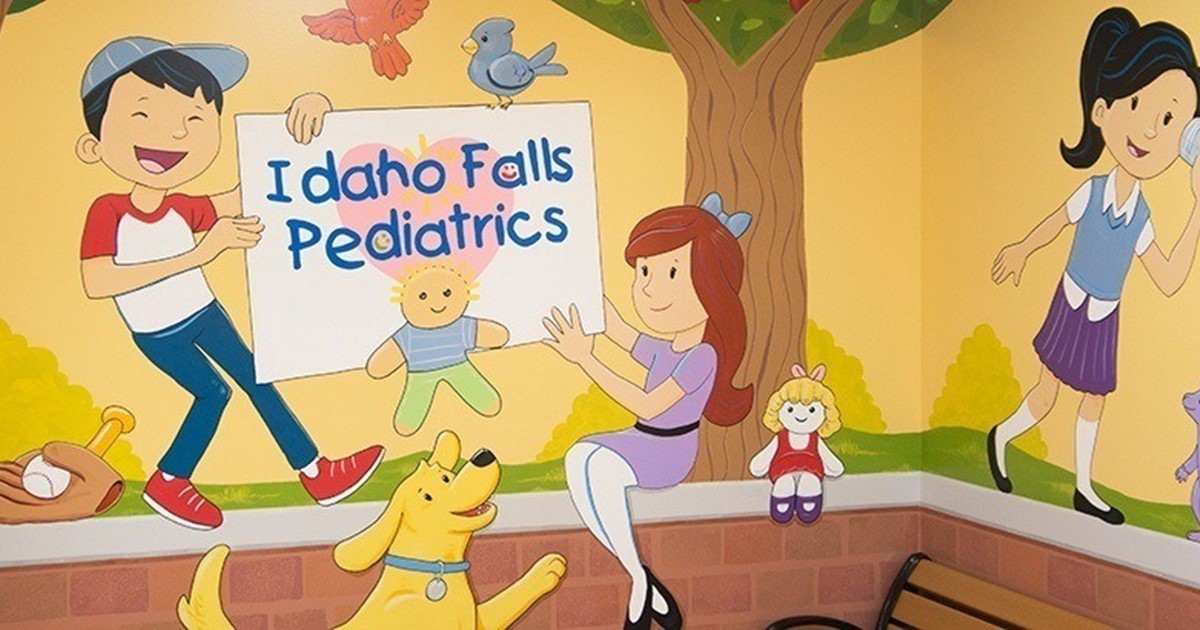
In today’s fast-paced world, informed parents are empowered parents. When it comes to raising healthy, thriving children, having access to accurate, timely, and easy-to-understand health information can make all the difference.
That’s why pediatric patient education is a vital part of modern pediatric care. It transforms routine visits into opportunities for lifelong learning and proactive health management.
Key Takeaways
- Pediatric patient education empowers parents by providing clear, reliable child health information.
- Pediatric practices use various methods including one-on-one conversations, printed materials, and digital resources to deliver effective pediatric health education.
- Digital tools like symptom checkers and patient portals also offer 24/7 access to children’s health information, making it easier for families to stay informed outside of clinic visits.
Table of content
What Is Pediatric Patient Education and Why It Matters
Accessing Trusted Pediatric Resources
The Benefits of Effective Pediatric Education
Get Reliable Children’s Health Information You Can Trust
What Is Pediatric Patient Education and Why It Matters
Pediatric patient education refers to the process of providing families with age-appropriate, evidence-based information to help them understand their child’s health, development, and medical care.
It includes everything from explaining symptoms and treatments to offering preventive care tips, developmental milestones, vaccination schedules, and nutrition guidance.
What’s the goal? To ensure parents and caregivers are confident in managing common health concerns, recognizing red flags, and fostering healthy habits at home.
Children can’t always articulate what they’re feeling and their symptoms often present differently than adults. For this reason, accessible children’s health information is essential.
When parents understand the “why” behind a condition or a doctor’s recommendation, they’re more likely to follow through with care plans, spot warning signs early, and avoid unnecessary emergency visits.
Reliable pediatric education resources also help reduce anxiety, answer common questions, and encourage active participation in a child’s wellness journey.
Accessing Trusted Pediatric Resources
Clinics provide pediatric patient education through a combination of diverse strategies including:
- One-on-One Provider Conversations — During appointments, pediatricians and nurses take time to offer information tailored to the child’s age and the family’s level of understanding.
- Printed Educational Materials — Pediatric practices often hand out brochures, handouts, and posters that are easy to take home and reference later.
- Digital Resources — Many clinics now provide educational tools online, including symptom checkers, video libraries, FAQs, and blog articles on parenting and child health.
- Follow-Up Communication — After the visit, clinics may follow up via email, text, or phone with reminders for appointments or vaccines and links to helpful articles or videos.
By delivering understandable, actionable content in multiple formats, pediatric practices help bridge the gap between clinical visits and everyday care.
The Benefits of Effective Pediatric Education
Effective pediatric education has the following benefits:
1. Improved Outcomes
Educated parents can detect early signs of illness, follow care instructions more accurately, and make informed decisions, all of which lead to better health outcomes for children.
2. Stronger Communication
When parents understand medical terminology and treatment plans, conversations with healthcare providers become more effective and collaborative.
3. Increased Confidence
With the right tools and information, parents feel more in control whether managing a chronic condition like asthma or navigating developmental milestones.
4. Preventive Focus
Education encourages families to prioritize well-child visits, vaccinations, nutrition, and regular screenings, promoting long-term wellness.
Get Reliable Children’s Health Information You Can Trust
Your child’s health starts with the right knowledge. Explore our Idaho Falls Pediatrics resources page to access expert-reviewed children’s health information on everything from common illnesses and symptoms to growth, development, and prevention tips. It’s your go-to resource for raising healthy, happy kids—available anytime, anywhere.